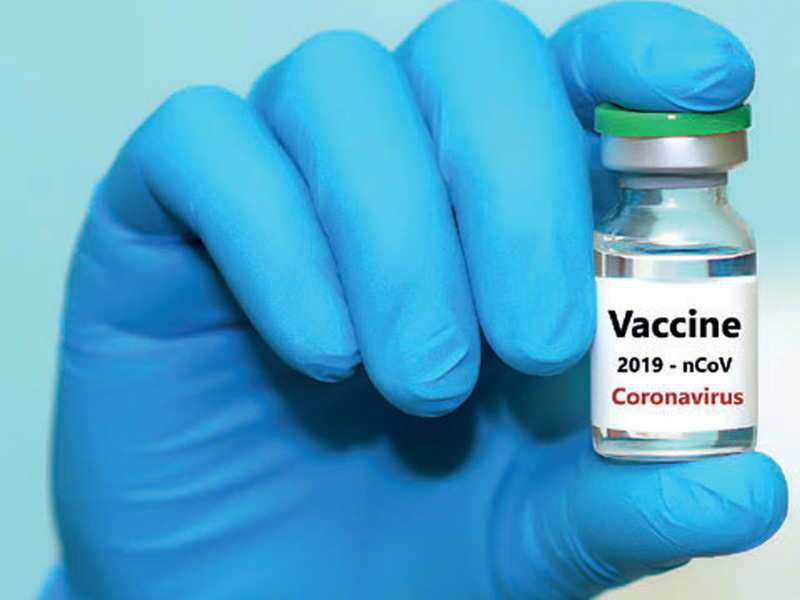
Ugandans Raises Concern over Government Price of Oxford Vaccine
Uganda will buy 18 million doses of the Oxford vaccine at a higher price than South Africa, and more than triple what the European Union is paying for the same, the government announced this week.
Last week, the Cabinet gave the Health Ministry the go-ahead to procure the initial order of the vaccine from the Serum Institute of India. The vaccine will be first administered to people aged 50 and above, those with underlying health conditions, health workers, security personnel, teachers and other essential social services providers.
The country will pay $7 per dose of the Oxford-AstraZeneca vaccine South Africa is paying $5.25 and the EU $2.16.
Uganda’s price does not include international transportation and handling costs for the vaccine, which have been put at $3 per dose.
With this particular vaccine requiring two doses between 28 days, the total will be $17 per person for a full regimen.
The high prices quoted caused an outcry among medical experts and the public, with some accusing the Health Ministry of inflating the prices.
But Permanent Secretary Diana Atwiine told The EastAfrican that the prices were tentative and is subject to reduction after negotiations with the manufacturer.
“At this time we cannot say this is the actual cost but it is for purposes of planning. We were guided by Gavi as we came up with those estimates,” Dr Atwiine said.
On Wednesday, the Health Ministry presented to the Parliamentary Budget Committee a supplementary request for Ush18.5 billion ($5 million) to purchase the vaccine.
Efforts to reach both AstraZeneca and Gavi on why Uganda had to quote such a high price were futile by the time we went to press.
Gavi has already communicated to Uganda a tentative allocation of 3,552,000 doses of the AstraZeneca vaccine by the end of February or beginning of March under the Covid-19 Vaccines Global Access (Covax) facility.
Uganda joined the facility last month and will contribute $132 million while Gavi will contribute $142 million to buy vaccines that will immunise 60 per cent of the country’s 45 million people.

